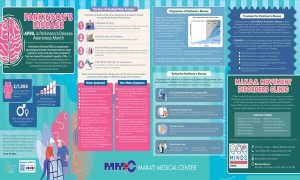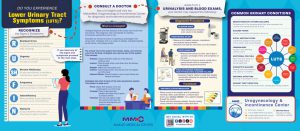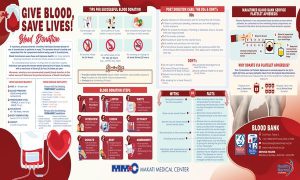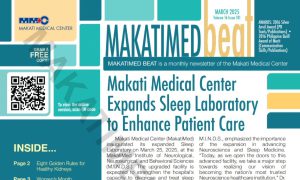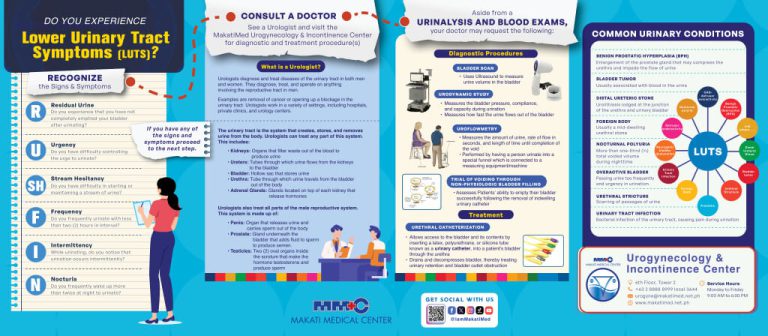With the advent of online shopping and ecommerce, retail therapy is given new life. While you may be losing something—in other words, spending money—for this kind of “therapy,” it does have some merits to it. Some of the important benefits of shopping are the following:
- Shopping helps people who may be undergoing a big transition in their lives.
- Buying new clothes has been proven to be effective in boosting self esteem.
- Shopping allows creative expression and growth of aesthetic taste.
- Shopping can be a means of relaxation and entertainment.
- Shopping allows you to connect with other people in a social setting.
However, as with other things, retail therapy is only advantageous when done in moderation. Going overboard, or becoming a “shopaholic,” can be a sign of a deeper problem or even a mental health issue. According to the Makati Medical Center’s Department of Neurosciences – Section of Psychiatry, this can be referred to as Compulsive Buying.
Luzviminda S. Katigbak, MD of the Section of Psychiatry says that the cause of this condition is unknown, but only speculated to have something to do with developmental, neurobiological, and cultural influences. It may also stem from an emotional need to fill a void that can result from loneliness, lack of self-control, or low self-esteem.
“Shopping is mainly used to avoid or alleviate negative feelings and prolong positive ones, albeit temporarily,” Dr. Katigbak adds. The compulsive nature denotes that the condition is stimulated by obsessions resulting in continued repetition of a behavior despite adverse effects. It also frequently occurs alongside other mental issues like depression, anxiety, and eating disorders.
What are the Symptoms of Compulsive Buying?
Compulsive Buying mostly develops in people in their 30s, or once they achieve financial independence. So, how do you know if you’ve gone over the edge?
Ask yourself the following questions to find out if you need professional help for your condition:
1. Is the urge to shop triggered by an emotional response?
Ask yourself if you shop to dampen unpleasant emotions. Dr. Katigbak suggests that “if you consider shopping as the solution to help you get over an emotionally-trying moment, then you’re likely to have Compulsive Buying condition.”
2. Is the act euphoric for me?
Getting high or feeling a rush of excitement from shopping can lead to addiction. Dr. Katigbak says that shopping releases dopamine inside the brain, causing patients to feel a brief burst of happiness, which can be addictive and thus aggravate the disorder.
3. Do I feel guilty with my purchases?
For those with this condition, the feeling of euphoria is replaced by increased anxiety, guilt, or remorse after shopping.
The remorse may be due to the act of spending money at the expense of one’s financial stability. Some even go as far as hiding their purchases or lying to their loved ones about their spending habits.
4. Do I feel anxious when I don’t do it?
If you’re having a hard time brushing off that anxiety from just sitting around and not buying anything, then you should seriously consider talking to a psychiatrist.
5. Do I use a credit card to separate myself from the pain of paying in cash?
A study attempted to uncover why people spend more with their credit cards than with cash. The researchers gave $20 to 26 participants who were instructed to spend them on a series of products. Each participant was subjected to an MRI scan while viewing the products.
The study found that a section of the brain associated with pain processing is activated when participants were looking at the high-priced items. These findings indicate that some form of pain is perceived when paying with cash rather than a credit card.
When you pay with your credit card, the money isn’t deducted from your wallet immediately. Thus, you don’t feel the pain of paying for your excessive purchases as much, and you don’t have to immediately face the fact that you are shopping impulsively and spending unnecessarily. If you’re evading the pain of having to pay with cash by using your credit card, then you might be a candidate for Compulsive Buying condition.
What to Do if You Have Compulsive Buying condition?
If you think that you’re possibly suffering from this condition, don’t worry because there are ways to get over this. Dr. Katigbak suggests identifying your possible triggers to find the root of your problem. It’s also helpful to avoid temptation by limiting visits to the mall or shopping. Try to find a new hobby or passion to take your mind off shopping.
If self-help fails, visit a psychiatrist for professional help. MakatiMed’s Section of Psychiatry offers therapy services to patients to help them lead a more mindful lifestyle.


